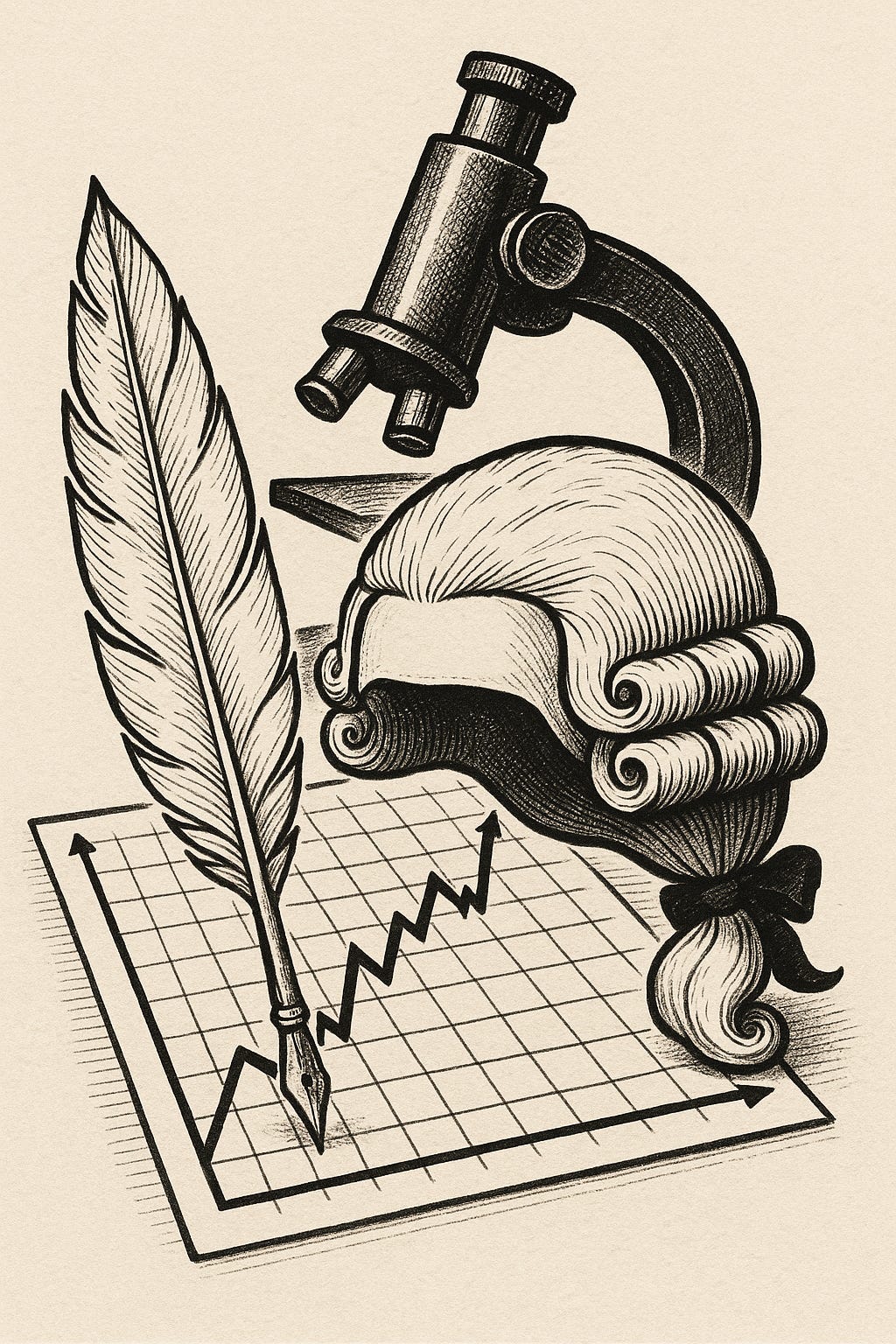Things to Read This Week (9/29)
Originalism and legal realism
Happy first day of fall quarter for all who celebrate.
Why We Should Stop Saying “The Founders,” by Gregory Ablavsky. (“[W]e should stop using the term ‘the Founders’ in legal-academic writing. I understand the appeal; I have used the term myself. Nonetheless, I highlight five limitations of the term. It is vague because it is not clear who is in and who is out. It stresses uniformity over disagreement. It embraces filiopietism and ancestor worship. It transforms the study of institutions and ideas into biography. And it is exclusionary—not just in the sense of the widespread critique that the conventional Founders were elite white men, but also, more broadly, in the sense that the term conscripts its subjects into the project of building the United States.”)
I don’t agree with this one, but it’s a great piece and everybody writing in con law should read it and take a position. Interestingly, Ablavsky is more okay with “Framers,” but I found that when the Gienapp essay with Steve (“Yes, The Founders were Originalists), “Framers” didn’t quite work because it ignored the role of those responsible for unwritten law at the Founding. Ablavsky is right that using one catchy term for all of those people is vague and artificially unifying, but for me those are features, not bugs.
The Realist Use of Empirical Legal Studies, by Natasha Sarna and Kevin Tobia. (“The crux of our proposal is that legal realism does not radically reject all legal conceptualism, and that it is amenable to using empirical studies to clarify legal concepts. Understanding legal realism in this way also illuminates an important and underutilized form of empirical legal studies. As an extended example, we consider the concept of reasonableness.”). More of this legal realism, please! And let’s bring it to constitutional law!
Speaking of legal realism, I was delighted to be a guest on Mike Seidman and Mark Tushnet’s podcast — Supreme Betrayal: How the Supreme Court and Constitutional Law Have Failed America — to talk about both originalism and the current state of constitutional law. Kudos to them for being willing to engage so generously with a guest whose view of law is so different from there — though if you listen to the end you may find a shocking amount of common ground between me and Mark Tushnet.
And finally, of course, there is Remedies for a Constitutional Crisis, co-authored by me, Sam Bray and Marin Levy, and linked earlier this morning
.


